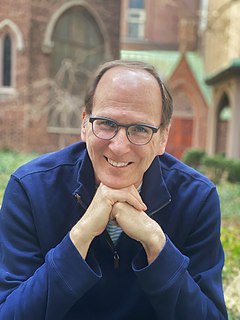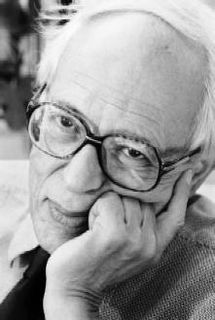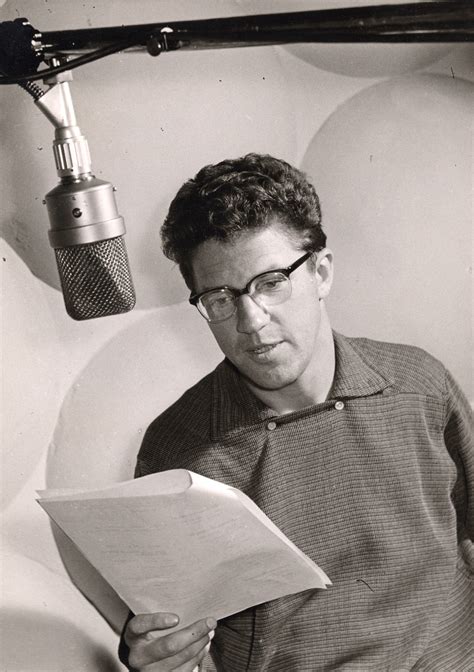A Quote by The Ultimate Warrior
Related Quotes
The simplest single-celled organism oscillates to a number of different frequencies, at the atomic, molecular, sub-cellular, and cellular levels. Microscopic movies of these organisms are striking for the ceaseless, rhythmic pulsation that is revealed. In an organism as complex as a human being, the frequencies of oscillation and the interactions between those frequencies are multitudinous.
At the root of all power and motion, there is music and rhythm, the play of patterned frequencies against the matrix of time. We know that every particle in the physical universe takes its characteristics from the pitch and pattern and overtones of its particular frequencies, its singing. Before we make music, music makes us.
The most sensitive frequencies are at the resonant frequencies of the auditory canal. In other words, the ear has shaped itself to naturally amplify certain bandwidth. And that corresponds to sounds in that bandwidth that were most important to our evolving ancestors to hear, in order to survive. And it doesn't match the human voice. It matches birdsong.
You're here as a spiritual being having a temporary human experience. You come to know your essence - that you came from an energy, a vibrational frequency. Everything in the universe is frequencies. Even things that look solid are all frequencies, all movement. Einstein said nothing happens until something moves. This chair I'm sitting in is moving. It may be hard to imagine, but if you took a microscope and really got in there, you'd see the spaces and a lot of particles all in movement.
...I do like the low frequencies. It's from years and years of observing audiences when they hear a lower frequency coming from an instrument it tends to pull them in. You have to listen a little more attentively. High frequency instruments hit you so hard, after a while the ear has a tendency to want to shut down. And that's what happens. I've been able to observe very carefully how people tend to get very tired of listening to high frequencies a lot.
Frequency generators have been around for decades. Royal Rife was using frequencies in the 1920's and 1930's to cure cancer. Today there are several machines using frequencies to balance out a person's energy thus eliminating the energetic frequency of the imbalance or disease. When the frequency of the disease you have has been neutralized, the disease goes away. These machines absolutely, 100 percent allow the body to virtually cure all diseases.


































